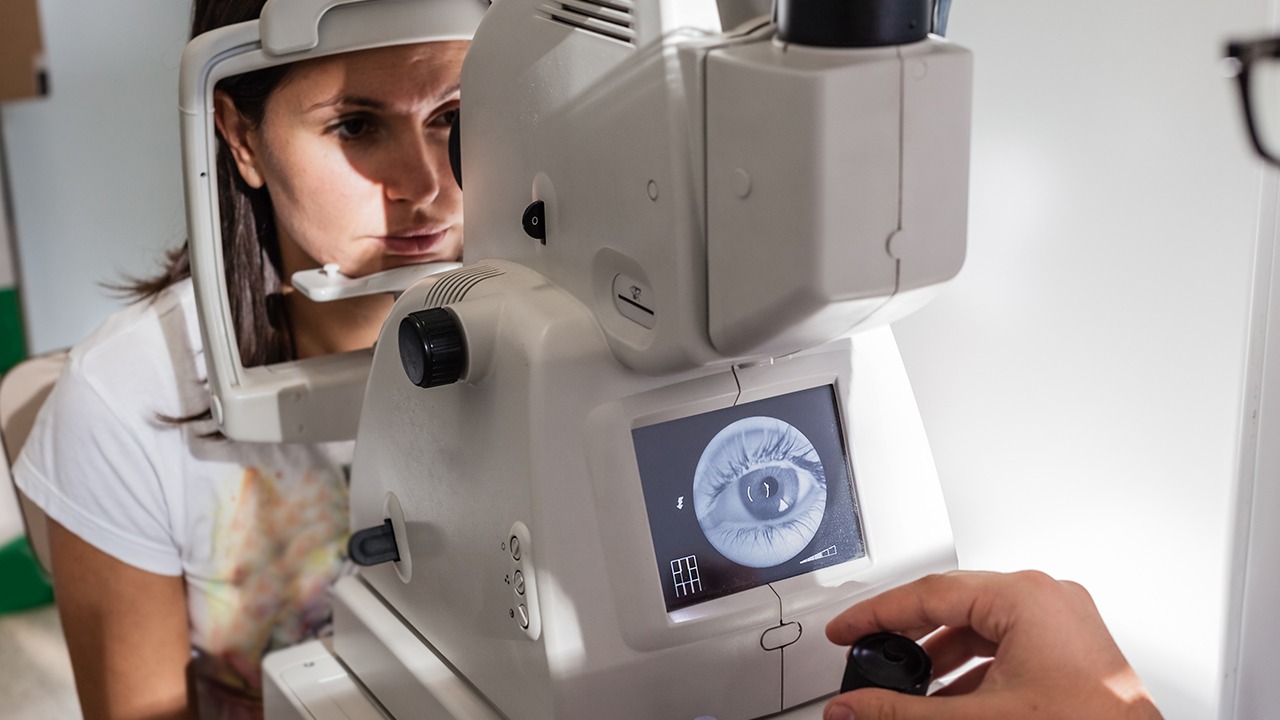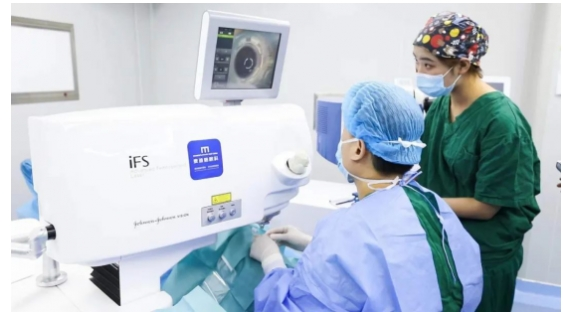What to do if Liver Cancer Recurs 3 Months After Surgery

3-Month Liver Cancer Recurrence: Understanding the Situation
The recurrence of liver cancer within 3 months of surgery is an unfortunate development that requires prompt and effective action. Understanding the reasons behind the recurrence and the available treatment options is crucial for managing this situation effectively.
Reasons for 3-Month Liver Cancer Recurrence
There are several possible reasons why liver cancer may recur shortly after surgery:
Incomplete Resection: During surgery, it may be challenging to remove all cancerous cells, especially if they are located near vital structures like blood vessels. As a result, some microscopic cancer cells may remain and eventually grow into new tumors.
Multifocal Liver Cancers: Liver cancer often presents with multiple tumors scattered throughout the liver. While some tumors may be successfully removed during surgery, others may remain undetected and eventually cause recurrence.
Aggressive Tumor Biology: Some types of liver cancer are inherently more aggressive and have a higher propensity for recurrence. Factors such as the grade of the tumor (how abnormal the cells appear) and the stage of the disease (how far it has spread) can influence the risk of recurrence.
Underlying Liver Disease: Liver cancer is often associated with underlying liver disease, such as cirrhosis. Cirrhosis damages the liver and impairs its function, which can create a favorable environment for cancer growth and recurrence.
Treatment Options for Recurrent Liver Cancer
The treatment options for recurrent liver cancer that occurs 3 months after surgery depend on several factors, including the size and location of the recurrent tumors, the overall health of the patient, and the previous treatments received.
Re-Resection (Surgery): If the recurrent tumors are small and localized, surgical resection may be an option. However, this approach is only feasible if the tumors are resectable without causing significant damage to the liver.
Ablation Therapy: Ablation therapies use heat, cold, or chemicals to destroy cancer cells without removing the entire tumor. Radiofrequency ablation (RFA) and microwave ablation (MWA) are commonly used for liver cancer ablation.
Transarterial Chemoembolization (TACE): TACE involves injecting chemotherapy drugs directly into the arteries that supply blood to the liver cancer. This blocks the blood supply to the tumors and releases chemotherapy agents into the cancer cells.
Transarterial Radioembolization (TARE): Similar to TACE, TARE involves injecting radioactive beads into the liver arteries. The beads emit radiation that targets and destroys cancer cells.
Targeted Therapy: Targeted therapy drugs specifically inhibit the growth and division of cancer cells. Sorafenib (Nexavar) and lenvatinib (Lenvima) are commonly used targeted therapies for advanced liver cancer.
Immunotherapy: Immunotherapy drugs boost the body's immune system to recognize and attack cancer cells. Atezolizumab (Tecentriq) is an FDA-approved immunotherapy for liver cancer.
Palliative Treatment: If the recurrent cancer is advanced and no curative treatments are available, palliative treatments focus on reducing symptoms and improving the patient's quality of life. These treatments may include pain management, radiation therapy, and chemotherapy.
Managing the Emotional Impact
A 3-month liver cancer recurrence can be emotionally devastating for both the patient and their loved ones. It is essential to seek support from family, friends, and healthcare professionals during this difficult time. Counseling and support groups can provide a safe space to express emotions and connect with others who understand the challenges of cancer recurrence.
Conclusion
The recurrence of liver cancer within 3 months of surgery presents a serious challenge that requires a proactive and individualized approach. Understanding the reasons behind the recurrence and the available treatment options is crucial for navigating this situation effectively. Prompt diagnosis and aggressive treatment are essential for managing recurrent liver cancer and improving outcomes. Additionally, providing emotional support and addressing the patient's quality of life are equally important aspects of care.
The above is all the content that the editor wants to share with you. I sincerely hope that these contents can bring some help to your life and health, and I also wish that your life will be happier and happier.
Topic: #if #liver #do- • How to care for women’s breast health. If a woman is too angry, her breasts will
- • What to do if diarrhea persists in the late stage of gastric cancer
- • What to do if a child's bronchitis cough persists for a long time
- • What to do if mite allergic rhinitis recurs
- • What to do if a child with epilepsy rolls his eyes upward
















